Free Speech, Social Media, And The Supreme Court
Should free speech (and the ability to spread false information) be allowed to exist any and everywhere without parameters?
Politics :
That’s an argument the US Supreme Court began grappling with on Monday after critics claimed that free speech — particularly on social media — should have limitations and not be given free rein to go “willy nilly.”
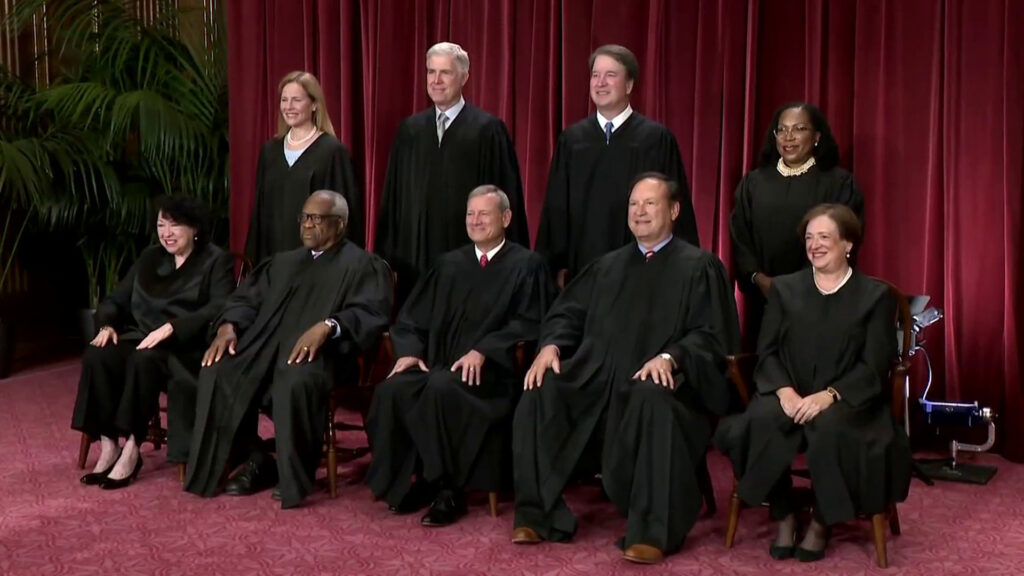
The discussion stems from new legal attempts in Florida and Texas to rebuke sites such as Facebook, YouTube, and X/Twitter for daring to suspend Donald Trump. The social media sites took a stance against Trump for promoting his “Big Lie” that he won the 2020 presidential election. They also blocked promotional posts that celebrated Trump’s ignition of the Jan. 6, 2021, Capitol Hill attack.
Facebook and other sites began deleting posts from users who promoted the false narrative that Trump was the legitimate winner of the 2020 presidential election. They also blocked posts and images that championed the Capitol Hill insurrection. However, Florida and Texas cried foul, claiming that Facebook, YouTube, and X/Twitter were playing politics and merely attempting to silence conservative voices from getting out the “real truth.”
Did the social media sites engage in illegal censorship? Did they infringe on the 1st Amendment and free speech rights of American citizens? Or, do they have a right to limit profanity, violence, racism, hate, xenophobia, and even political falsehoods and tomfoolery?

Attorney Paul Clement, who brought the case to the court on behalf of tech lobbying groups, warned that the big social media platforms would face stark choices if the Florida and Texas laws were allowed to go into effect. He argued that social media sites would be required to treat all viewpoints neutrally, as the government typically is.
“That means that if you have materials that are involved in suicide prevention, you also have to have materials that advocate suicide promotion. Or if you have those on your site that are pro-Semitic, then you have to let materials onto your site that are anti-semitic,” Clement said.
On Monday, the US Supreme Court justices made interesting twists and turns in their attempts to make sense of Florida and Texas state laws and their efforts to alter the nature of free speech on the internet.
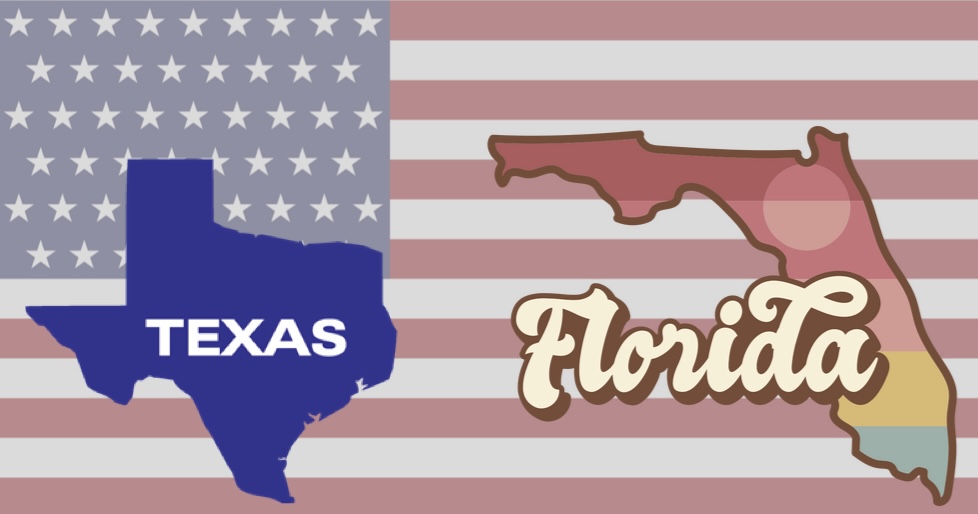
Justice Brett M. Kavanaugh read a sentence from a 1976 campaign finance decision: “The concept that government may restrict the speech of some elements of our society in order to enhance the relative voice of others is wholly foreign to the First Amendment,” he said, indicating that he rejected the states’ argument that they may regulate the fairness of public debate in private settings.
“I wonder, since we’re talking about the First Amendment, whether our first concern should be with the state regulating what, you know, we have called the modern public square,” Chief Justice John G. Roberts Jr. said.
“I have a problem with laws that are so broad that they stifle speech just on their face,” Justice Sonia Sotomayor added.
Justice Elena Kagan said the major platforms had good reasons to reject posts inciting insurrection, endangering public health, and spreading hate speech. “Why isn’t that a First Amendment judgment?” she asked.
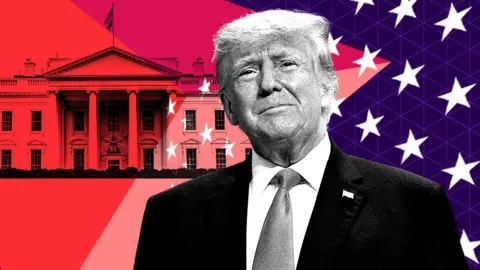
Florida Solicitor General Henry C. Whitaker responded that “the state has an interest, a First Amendment interest, in promoting and ensuring the free dissemination of ideas.”
In reality, his state, the State of Texas, and other predominately conservative states are really attempting to set the table for Donald Trump and others to be given the red carpet to say and do whatever they want without repercussion.
And, therein lies the real problem.
OK WASSUP! discusses Politics:
The Supreme Court considers free speech limitations.


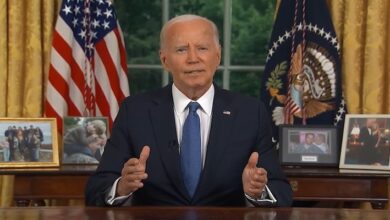
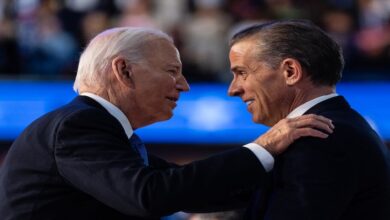
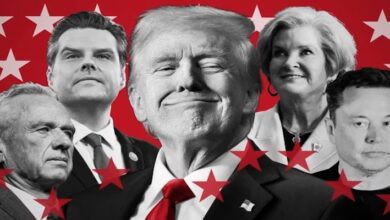

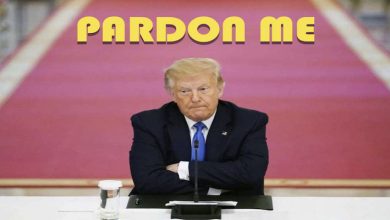
To say I’m getting to this late in an understatement…smh! But, as they say, better late than never.
[Should free speech (and the ability to spread false information) be allowed to exist any and everywhere without parameters?] – DJ
No. But unfortunately, that horse has already left the barn, when it comes to Trump in particular. He says whatever he pleases, wherever he pleases, whenever he pleases.
I got busy and did not get back to this like I wanted. But Repubs are the only ones having a problem with free speech. They want to put out propaganda and make it hard to tell the difference. We are on to them.